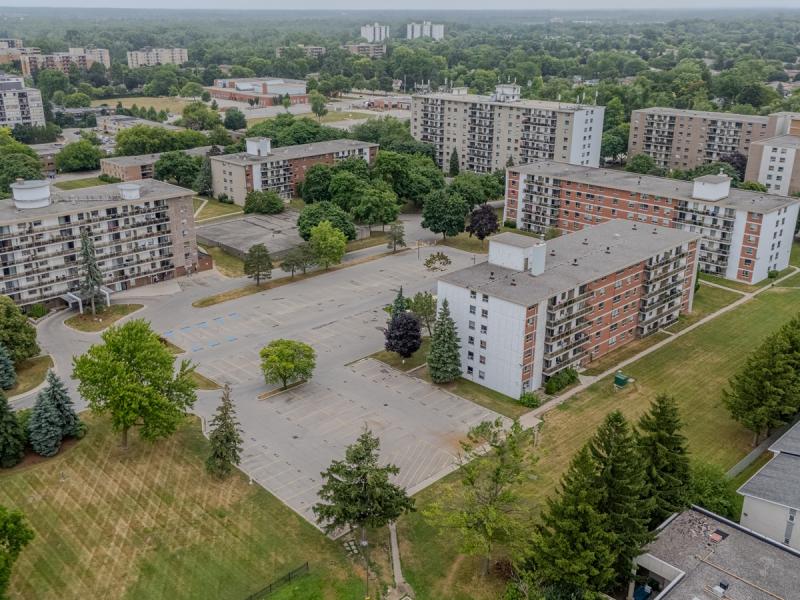
Donald Trump is returning as the U.S. president. Republicans will control both the House and Senate.
This has major implications for the commercial real estate and investment sectors, so it's no surprise a recent Global Property Market discussion was heavily focused on the potential fallout.
Participants in the Global Property Market discussion, earlier this month at the Metro Toronto Convention Centre, expect less international investment in the U.S. as a result, which would impact Canada as its largest trading partner.
Twelve to 15 per cent of investment in U.S. real estate generally comes from outside the country, but during 2024 that has been down to five per cent, Association of Foreign Investors in Real Estate (AFIRE) CEO and panel moderator Gunnar Branson told the audience.
AFIRE is the association for international real estate investors focused on commercial property in the U.S. It has more than 180 member organizations from 25 countries who hold approximately $3 trillion in assets under management in the country.
Branson said a poll of its members before the election showed that about two-thirds believed a Republican administration would diminish the amount of cross-border investing, citing high tariffs as a potential issue.
What does a Trump presidency mean?
“We look at a Trump presidency and we generally see a pro-growth administration,” said Iron Point Partners managing director Salime Yacoubi, who added there are concerns about the potential inflationary effects of higher tariffs and a crackdown on immigrants in an already tight labour market.
Iron Point is a private equity firm that targets investments in real estate and other real assets throughout North America and Europe. The company has offices in Washington, D.C. and Dallas and has $1.5 billion of assets under management.
Scott Silverberg is the New York City-based Americas head of client solutions for CBRE Investment Management. He’s in favour of on-shoring and re-shoring logistics and manufacturing to the U.S., even though it’s inflationary, but noted there could be pressures to find the labour to build new distribution and fulfillment centres.
“We are still anticipating an easing of interest rates, although I would say that pacing about easing with this new administration is probably going to be slower,” said Maggie Coleman, the Los Angeles-based chief investment officer of real estate equity for North America and global co-head of portfolio management for Manulife Investment Management, the asset management arm of Manulife Financial Corporation.
“I think at one point the market was underwriting seven to eight cuts, and now it's maybe three to four.”
Despite some of Trump’s controversial choices for cabinet positions, Coleman believes there may be a better understanding of what could happen and what to anticipate because he already served a term as president.
Political changes at the municipal level
“The cross-currents and the continued uncertainty around the direction of the Trump administration makes it very difficult to predict what the macro impact will ultimately be and where some of these cross-currents will net out in terms of real estate markets,” said Brendan MacDonald, the San Francisco-based partner and chief operating officer for StepStone, a global private markets investment firm with $176 billion of assets under management.
“I'd like to take it down to the local level, where one of the consistent trends that you saw coming out of this latest U.S. election is at the municipal level. Cities that were historically much more progressive and much more left-leaning swung more to the centre.
“I think that having administrations that are now going to be increasingly focused on attracting business, on providing safety and security for residents, and on developing housing as opposed to regulating housing, will ultimately be positive for some of these urban markets — and particularly some of the coastal urban markets that have been slow to recover post-pandemic.”
Real estate investment allocations
MacDonald said investment allocations to private real estate are down substantially due to “the dearth of realizations that investors are getting off of their portfolios.”
Coleman said the real estate industry is still in a period of uncertainty and volatility, though it's coming out of an extended period where liquidity has been constrained, and investors she’s working with are seeking diversification of return.
“They're looking for long-term income growth coupled with alpha, and then they're looking for liquidity,” she said.








